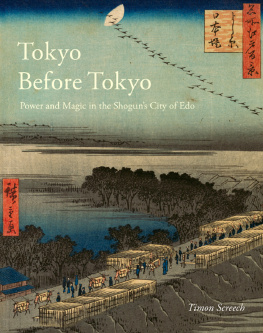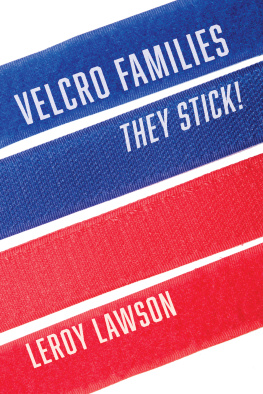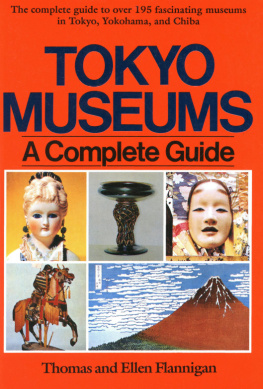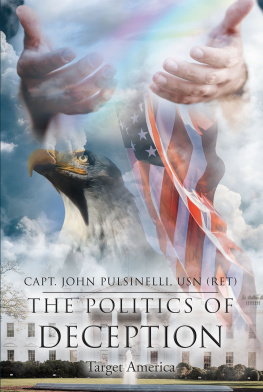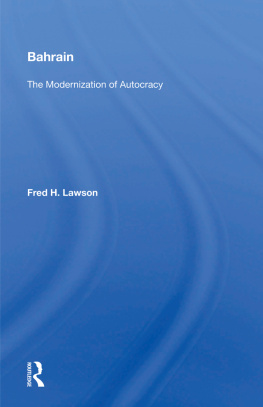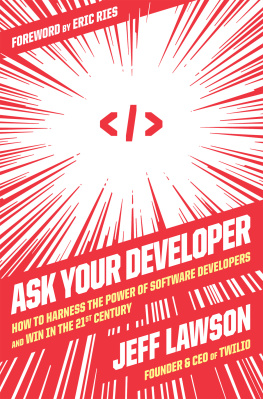Capt. Ted W. Lawson - Thirty Seconds Over Tokyo
Here you can read online Capt. Ted W. Lawson - Thirty Seconds Over Tokyo full text of the book (entire story) in english for free. Download pdf and epub, get meaning, cover and reviews about this ebook. year: 2004, publisher: Pocket Star, genre: Non-fiction. Description of the work, (preface) as well as reviews are available. Best literature library LitArk.com created for fans of good reading and offers a wide selection of genres:
Romance novel
Science fiction
Adventure
Detective
Science
History
Home and family
Prose
Art
Politics
Computer
Non-fiction
Religion
Business
Children
Humor
Choose a favorite category and find really read worthwhile books. Enjoy immersion in the world of imagination, feel the emotions of the characters or learn something new for yourself, make an fascinating discovery.
- Book:Thirty Seconds Over Tokyo
- Author:
- Publisher:Pocket Star
- Genre:
- Year:2004
- Rating:4 / 5
- Favourites:Add to favourites
- Your mark:
- 80
- 1
- 2
- 3
- 4
- 5
Thirty Seconds Over Tokyo: summary, description and annotation
We offer to read an annotation, description, summary or preface (depends on what the author of the book "Thirty Seconds Over Tokyo" wrote himself). If you haven't found the necessary information about the book — write in the comments, we will try to find it.
Thirty Seconds Over Tokyo — read online for free the complete book (whole text) full work
Below is the text of the book, divided by pages. System saving the place of the last page read, allows you to conveniently read the book "Thirty Seconds Over Tokyo" online for free, without having to search again every time where you left off. Put a bookmark, and you can go to the page where you finished reading at any time.
Font size:
Interval:
Bookmark:
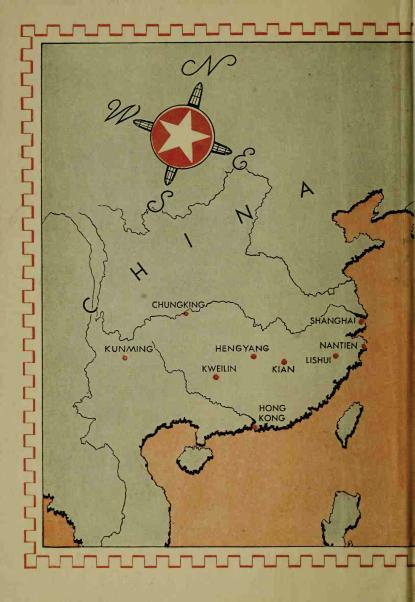



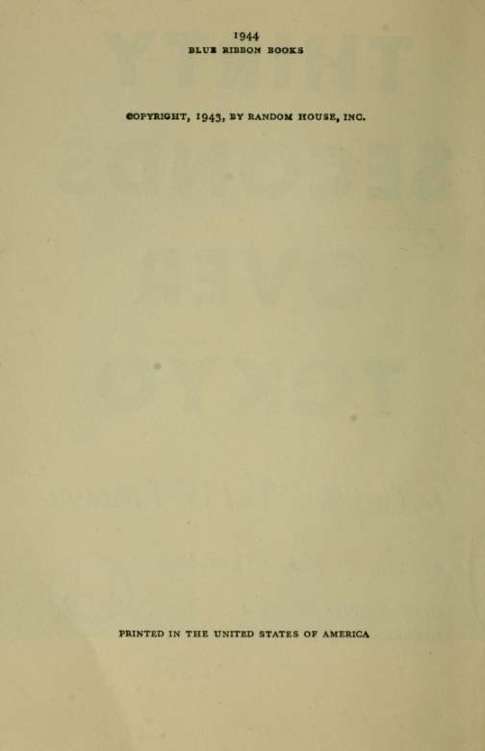
Lieutenants Bill Farrow, Dean Hallmark, George Barr, Bob Hite, Bob Meder, Chase Nielson,
Sergeants Harold Spatz, William Dieter, and Corporals Donald Fitzmaurice and Jacob Deshazer
They didn't get back. God help them.
Captain Ted W. Lawson (frontispiece)
ILLUSTRATIONS FOLLOW PAGE 19O
The U.S.S. Hornet
Major General Doolittle returns a Japanese medal via a bomb Bomber crews rush to their planes on the flight deck of the Hornet A B-25 takes off Major General Doolittle's plane, the first to take off from the Hornet Major General James H. Doolittle One of the targets bombed by the Tokyo raiders: the Yokosuka Naval Base ,
Charlie's calling card
The wreckage of Major General Doolittle's plane Chinese soldiers escort a group of flyers to quarters in a village A group of our flyers near the Chinese mountain cave in which they lived for ten days An injured flyer is aided by Chinese soldiers. At the left, standing, is Colonel John Hilger Chinese convoy injured flyers in sedan chairs A captured American aviator led from a plane by two Jap soldiers Captain Ted Lawson and his wife, Ellen Major General Chu Shih-ming, Military Attache of the Chinese Embassy, awards the Military Order of China to Lieutenant Charles McClure, Captain Harold F. Watson and Captain Ted W. Lawson. In the back row, left to right, are: Mrs. R. D. McClure, mother of Lieut. McClure, Miss Laverne Rosegrant, McClure's fiancee, Mrs. Watson, Mrs. Lawson, Major General Doolittle and Brigadier General Shelley U. Marietta A letter from the Taichow Salt Collectorate
TWO OFFICERS OF THE U. S. Army Air Force sat at a table in a Washington hotel, a few weeks after Pearl Harbor. One was a Generalbig, ruddy, tough and gray. The other was a Lieutenant Colonelstocky, scrappy-looking, eager.
For two hours the Lieutenant Colonel spoke to the General and marked up the tablecloth. At first the General laughed mockingly at what the Lieutenant Colonel said. Then he listened. He pulled his chair closer to the table, and listened more intently.
Finally the General slapped the table resoundingly. "By God, it sounded crazy when you first mentioned it," he said, "but I think you can do it. I'll go to bat for you and help you get things lined up. It certainly would give the country a lift."
The Lieutenant Colonel leaned back in his chair and smiled with relief. Then he grinned from ear to ear when the General wagged a finger at him and warned: "But listen here, damn you: as soon as you do bomb Tokyo you get the hell back here to Washington and go to workl"
This, then, is the story of a man who helped carry out that mission.
THIRTY SECONDS OVER TOKYO
I HELPED BOMB TOKYO on the Doolittle raid of April 18, 1942. I crashed in the China Sea. I learned the full, deep meaning of the term "United Nations" from men and women whose language I couldn't speak. I watched a buddy of mine saw off my left leg. And finally I got home to my wife after being flown, shipped and carried around the world.
Now I'm in line for the aeronautical engineering research job which I wanted in the first place.
That's the story, briefly. Maybe the cards would have dealt out that job to me if I hadn't volunteered for the raid on Japan. Maybe not. I don't really have regrets, now. At first it was a little tough. People in little villages in China, in New Delhi and in Washington would look at me and feel sorry for me. And I'd have to curse or think hard about something else to keep from blubbering like a damned kid.
Now it's all right. I was one of the first of the badly wounded to get back to Washington. I guess I was a little hard to believe. One day I was crutching down a long corridor in the War Department when an elderly lady, a clerk, stopped me. She looked me up and down, examined my service ribbons, stepped back and said, "Why, what can you do in the Army?"
Even a month or two before this happened, it would have hurt badly. But now I could get a little fun out of it. I told her I was a Western Union boy and would have to be getting along.
I guess my story starts with Ellen. Ellen is my wife. She's twenty-two, three years younger than I am. Ellen was never very far from my mind during this whole thing. I would have drowned right after the crash, if the memory of her had not made me struggle out of the seat I was strapped to. And I guess I would have given up later on, if Ellen hadn't been so swell about my leg and face.
I didn't know Ellen's name for a long time after I met her. Ellen was the librarian of Los Angeles Junior College. She used to let me sleep in the library. I was always sleepy. I worked at the Douglas plant eight hours at night and went to school eight hours during the day. Ellen would let me sleep for ten or fifteen minutes, between classes, wake me up and I'd go out to class, stretching. That was 1937 and 1938, when I was studying aeronautical engineering.
One day I was at my mother's house, and there was Ellen, just a couple of doors away, tossing a football to some neighbor's kids. I walked out and she tossed one to me. We got to talking. You know how it is: you meet a slight acquaintance in some unexpected setting, and suddenly you're old pals.
I had to quit school about that time. It got too tough, trying to study and work at the same time. I was doing better at Douglas. I had gone beyond ordinary shop work wiring engine nascelles and installing hydraulic tubing in B-18's. I had been put to work on the B-19.
The B-19 is still the biggest land plane ever built. It has never amounted to much because it can't go very fast. But it was all that most of us ever thought about when it was coming along, behind the big screens Douglas set up in front of it. As things turned out, they let me design the landing flaps, for braking the big crate, and the cowl flaps, for regulating the flow of air around the four motors. And, of course, the hydraulic system that operated them. I was getting ahead.
I've always been hungry to learn everything about planes. That was what was in my head that day in Minneapolis, a couple of years later, when I volunteered for the "dangerous, important, interesting" mission which turned out to be the Tokyo raid.
It was that curiosity about planes, and an interest in learning more than the blueprint side of the business, that put me in a civilian flying school and made me join the Army as a flying cadet. My mother raised Cain when I did that and, from a lot of standpoints, she was right. I was chucking a $36-a-week job with a company that was beginning to get big war orders from abroad for a $75-a-month job that might break my neck. But I wanted experience. I wanted to get my fingers into different kinds of planes and see how they worked. The Army had those planes, and Ellen saw it my way, even after Douglas said they'd give me a good raise if I stayed. You see, we wanted to get married. But now we'd have to wait at least until after I had gotten my wings.
The reason I tell you this, about enlisting, is that some people have been nice enough to think that I did it because I had chosen the right cause and was getting ready
Font size:
Interval:
Bookmark:
Similar books «Thirty Seconds Over Tokyo»
Look at similar books to Thirty Seconds Over Tokyo. We have selected literature similar in name and meaning in the hope of providing readers with more options to find new, interesting, not yet read works.
Discussion, reviews of the book Thirty Seconds Over Tokyo and just readers' own opinions. Leave your comments, write what you think about the work, its meaning or the main characters. Specify what exactly you liked and what you didn't like, and why you think so.

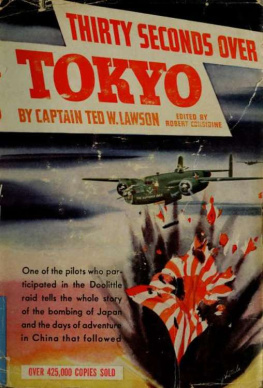
![Hiromi Kavakami - Strange Weather in Tokyo [= The Briefcase]](/uploads/posts/book/836028/thumbs/hiromi-kavakami-strange-weather-in-tokyo-the.jpg)

